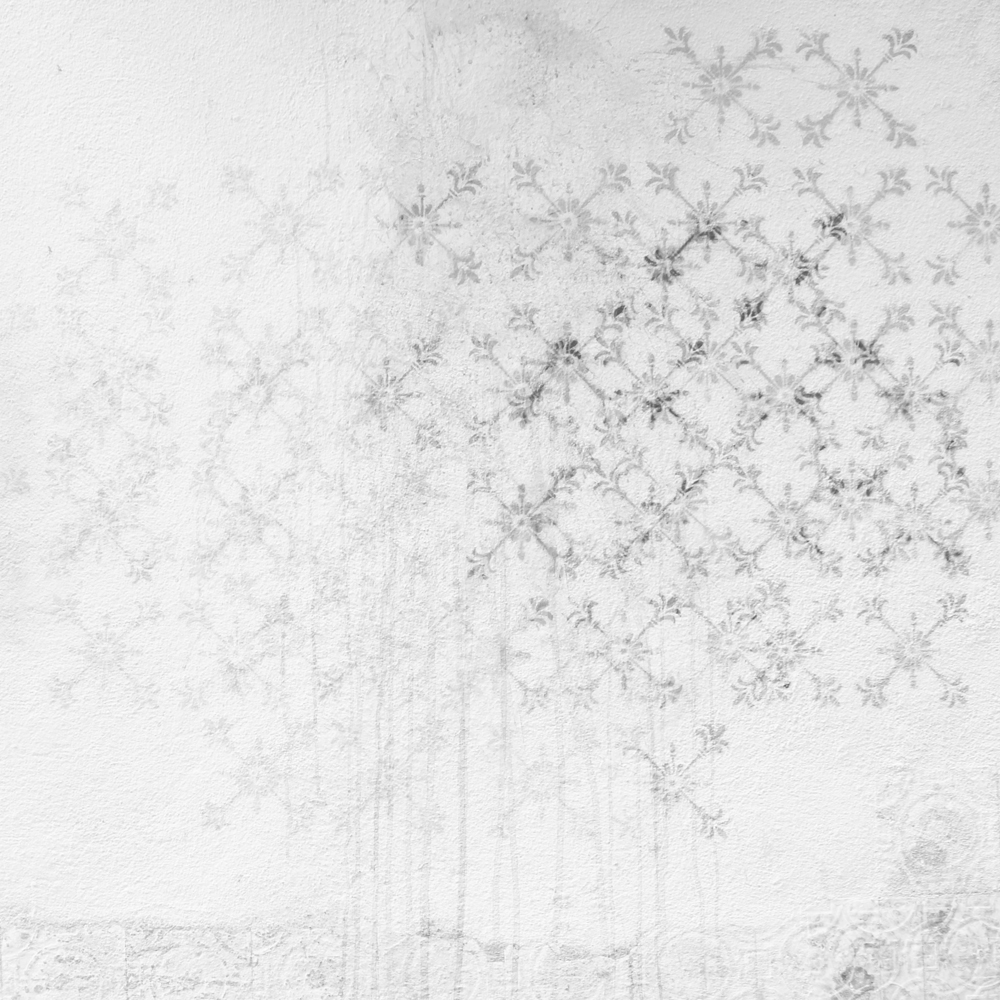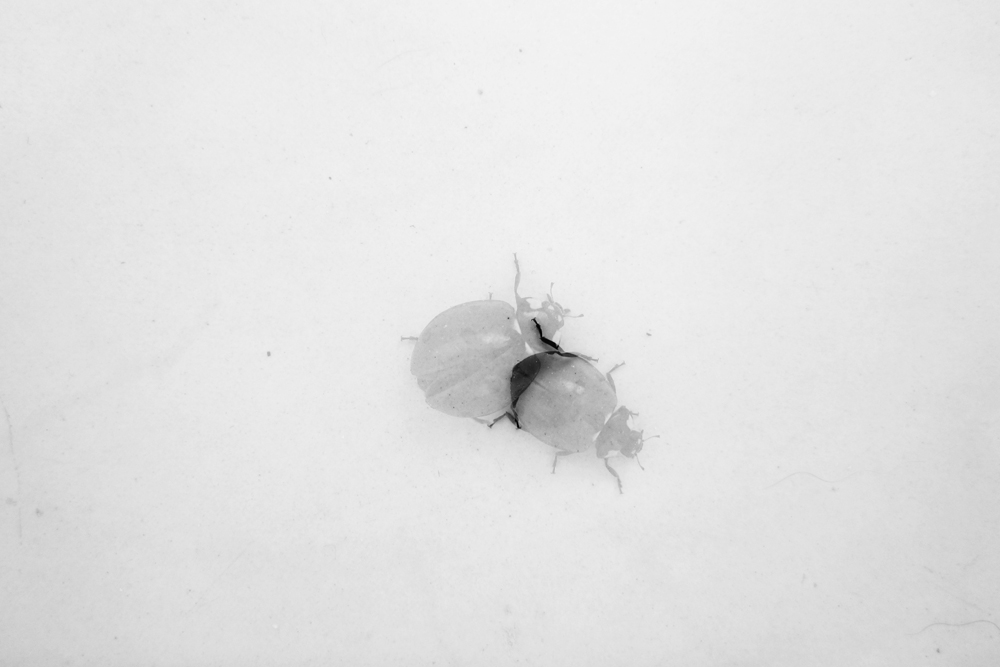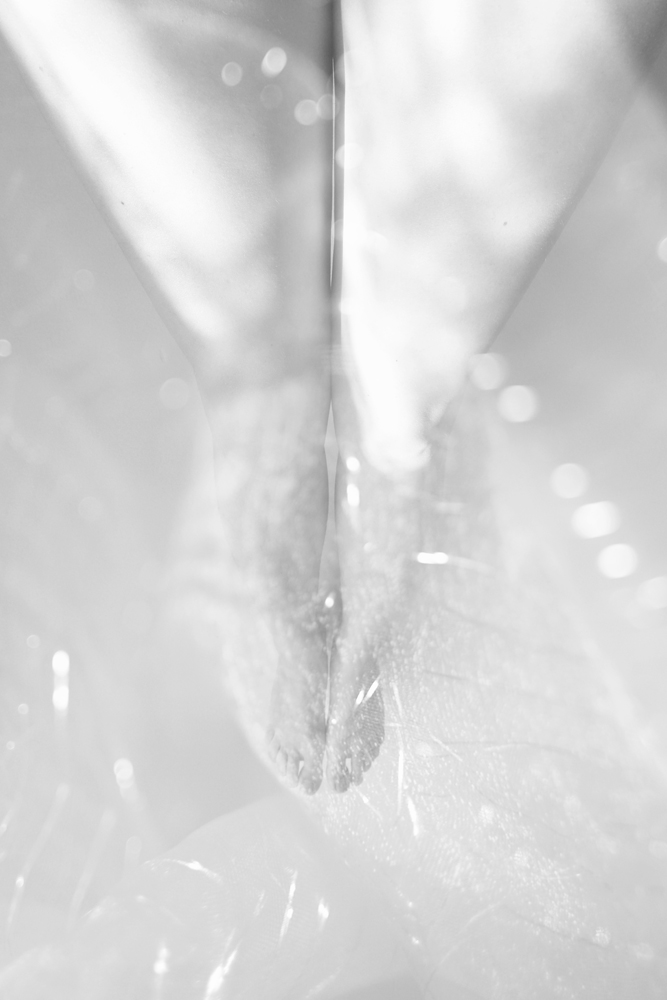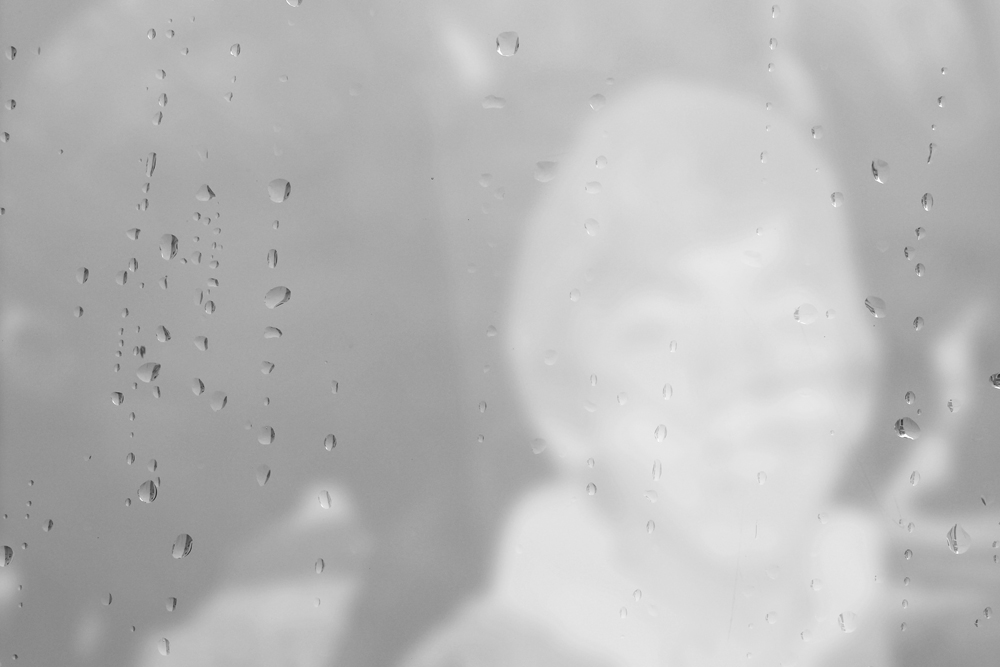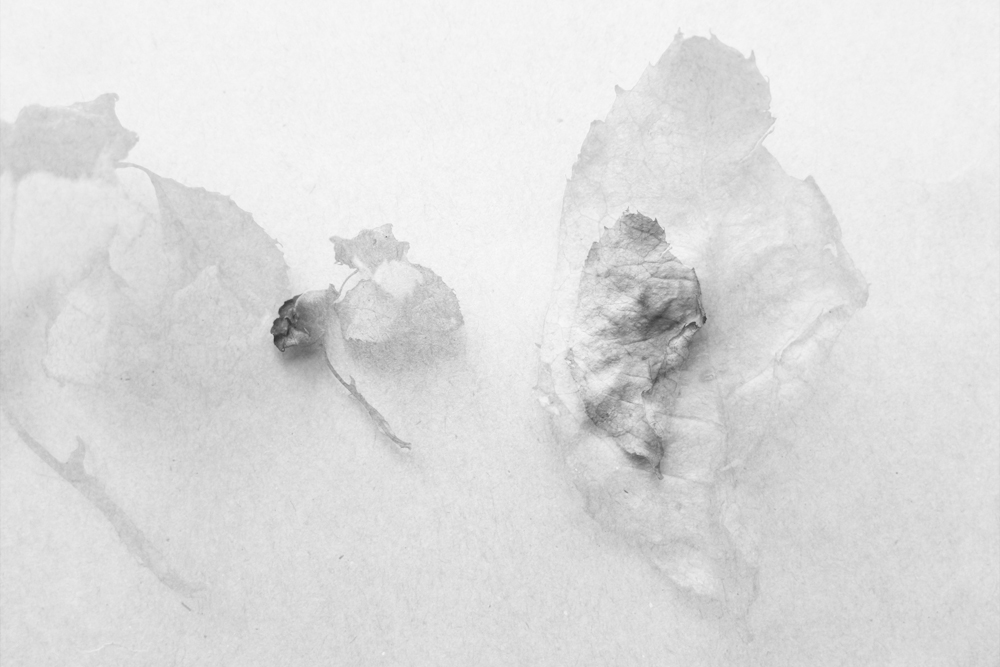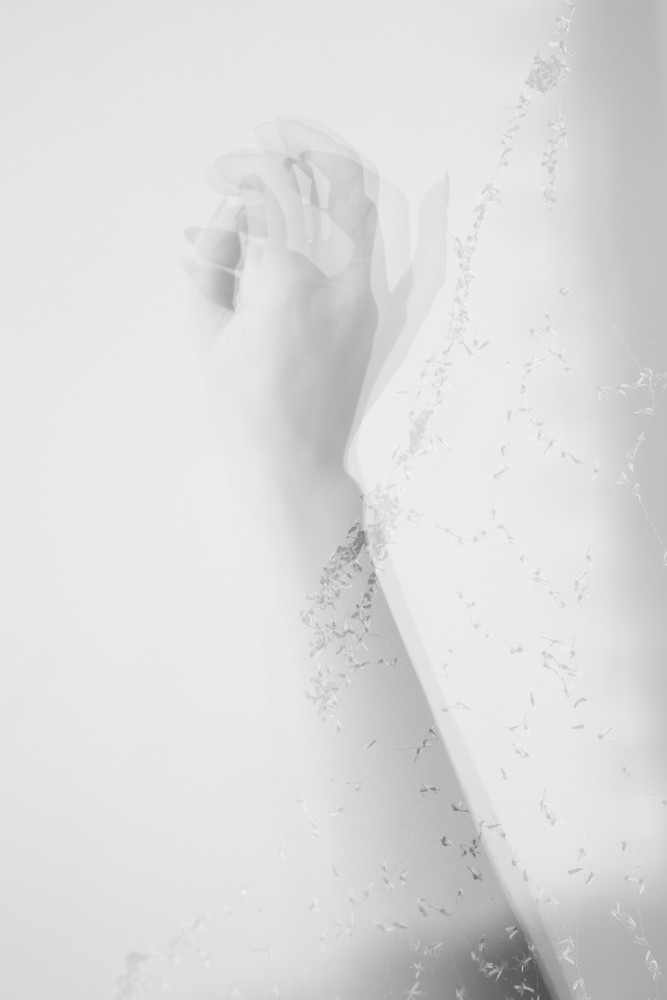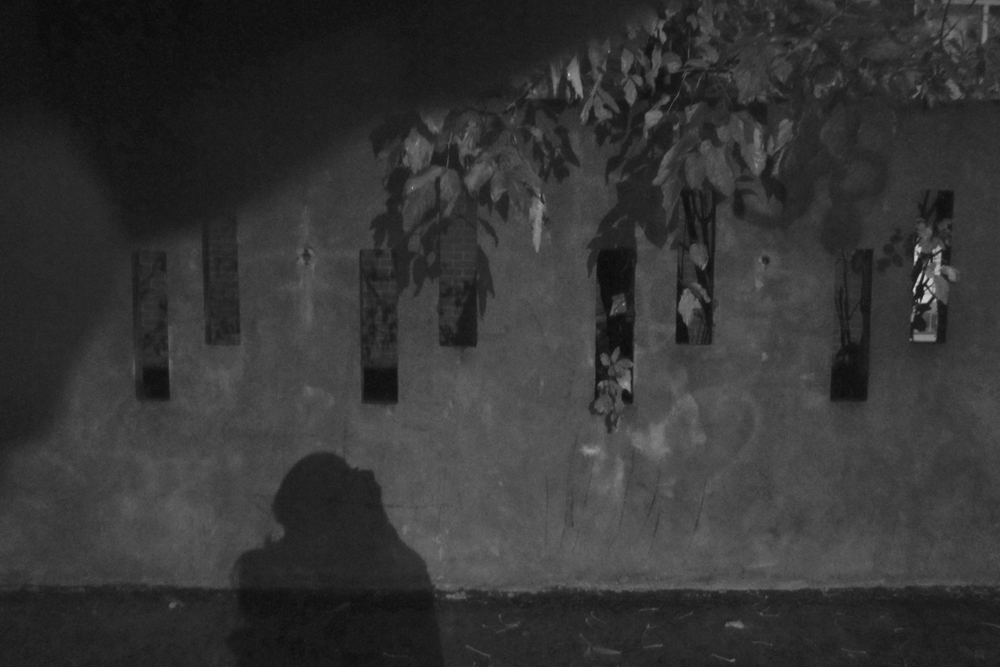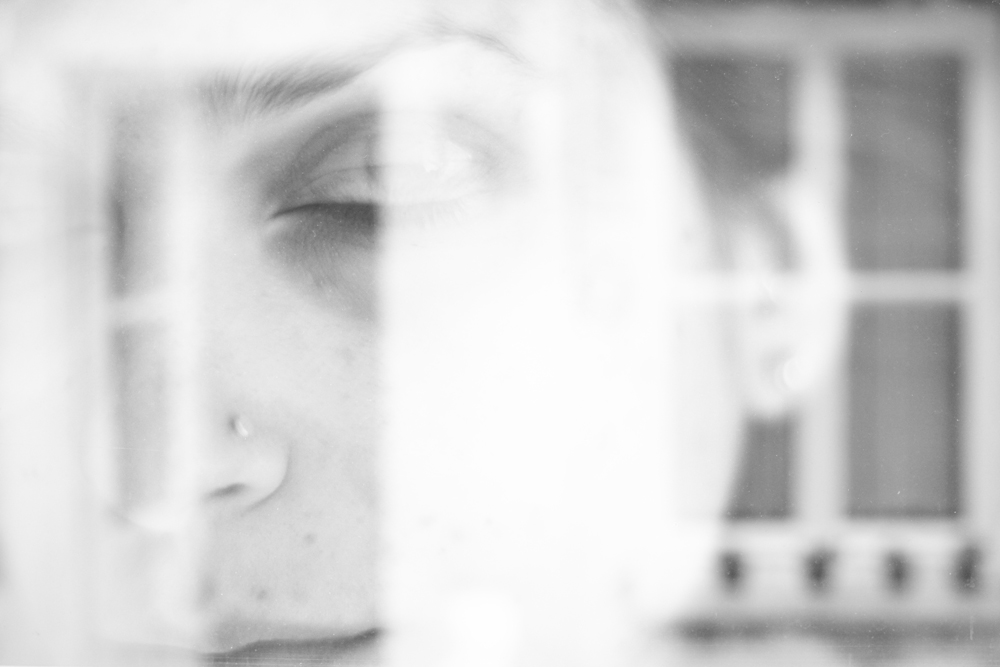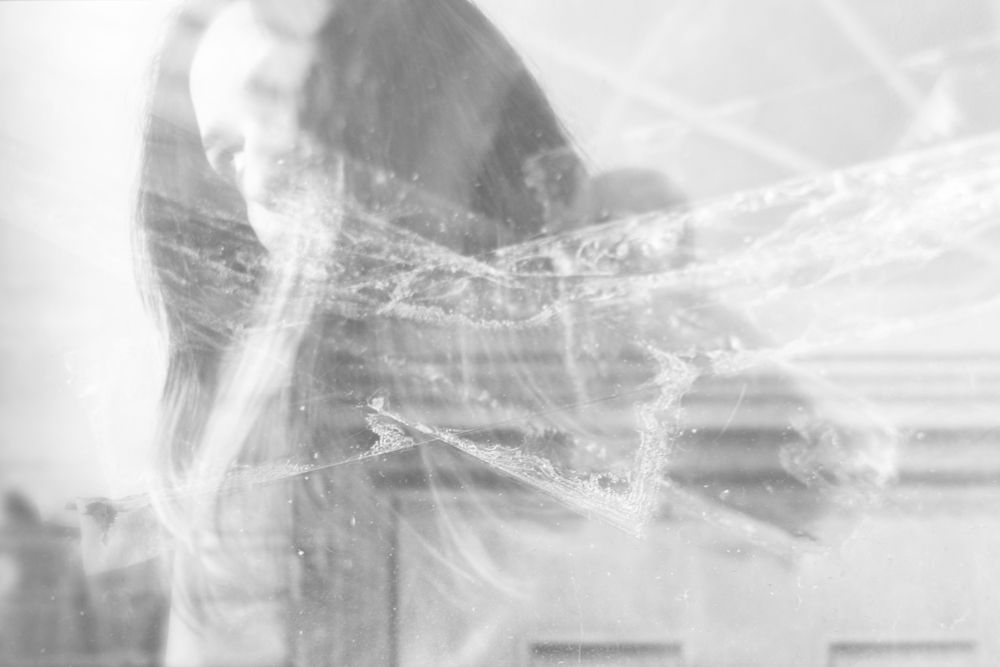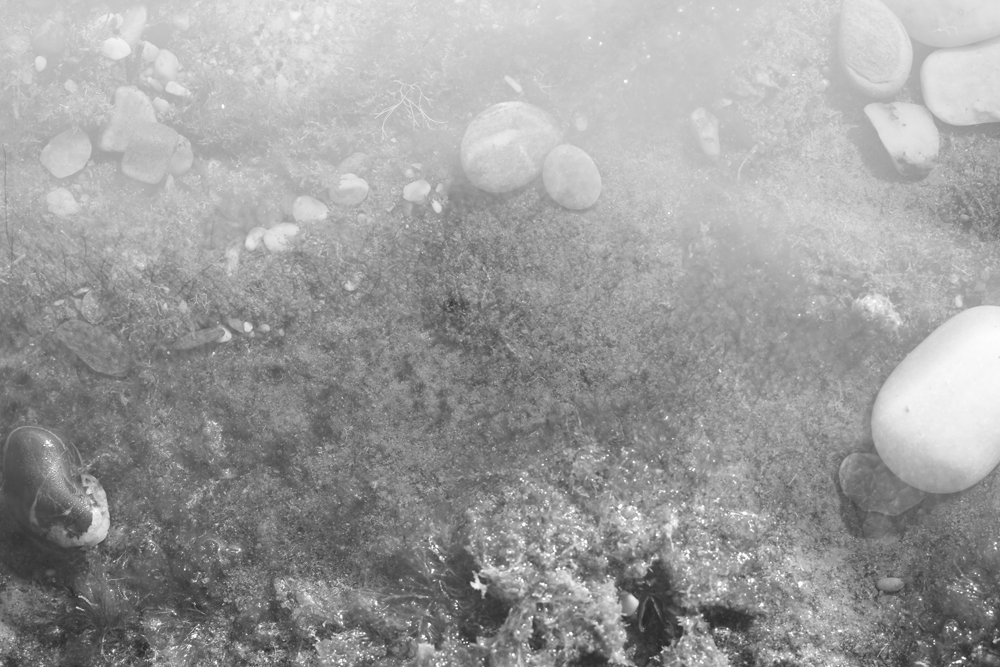
they met by a river. she was on a stroll, in search of a body of water. when she found the river, she sat on a bench and wondered what she would do without salt. he was not too far, gathering stones. when his hands were full, he sat next to her. she sighed audibly, but the wind carried her voice away.
he just wanted to throw stones in the river. he knew the current was too strong and that he could not make the stones skip—he was better off sitting instead of standing, and there was a bench, where she was seated, thinking about salt. she did not say anything after her sigh. he paid it no mind. he threw the stones one by one in the water. she thought of them at the bottom of the river, trading one element for another.
she had been the first person he had seen in days. he had been busy—he had set out to carry on the weight of things, and to provide them with relief. he had disentangled plastic bags from bushes and trees. he had unscrewed the broken light bulbs of deserted porches. he had flipped an hourglass, blew on a wind chime and locked all the doors. the stones were the last on his list. he wanted to find them a new place to land.
inside her the noise abated. she was grateful for the distraction. she was with every stone, cutting through the air with a small curve and a splash in the water, sinking below, under the currents. when he ran out of stones, the air around them grew still. there had been a long gap since her sigh. he thought of his hands. she remembered to breathe.
she looked at him, and he tried to smile. it was a weak, apologetic smile, but it cupped her like a hand on a stone. there was a sudden film of salt on her skin. with a nod in the flick of their eyes, they got up and followed the river.

